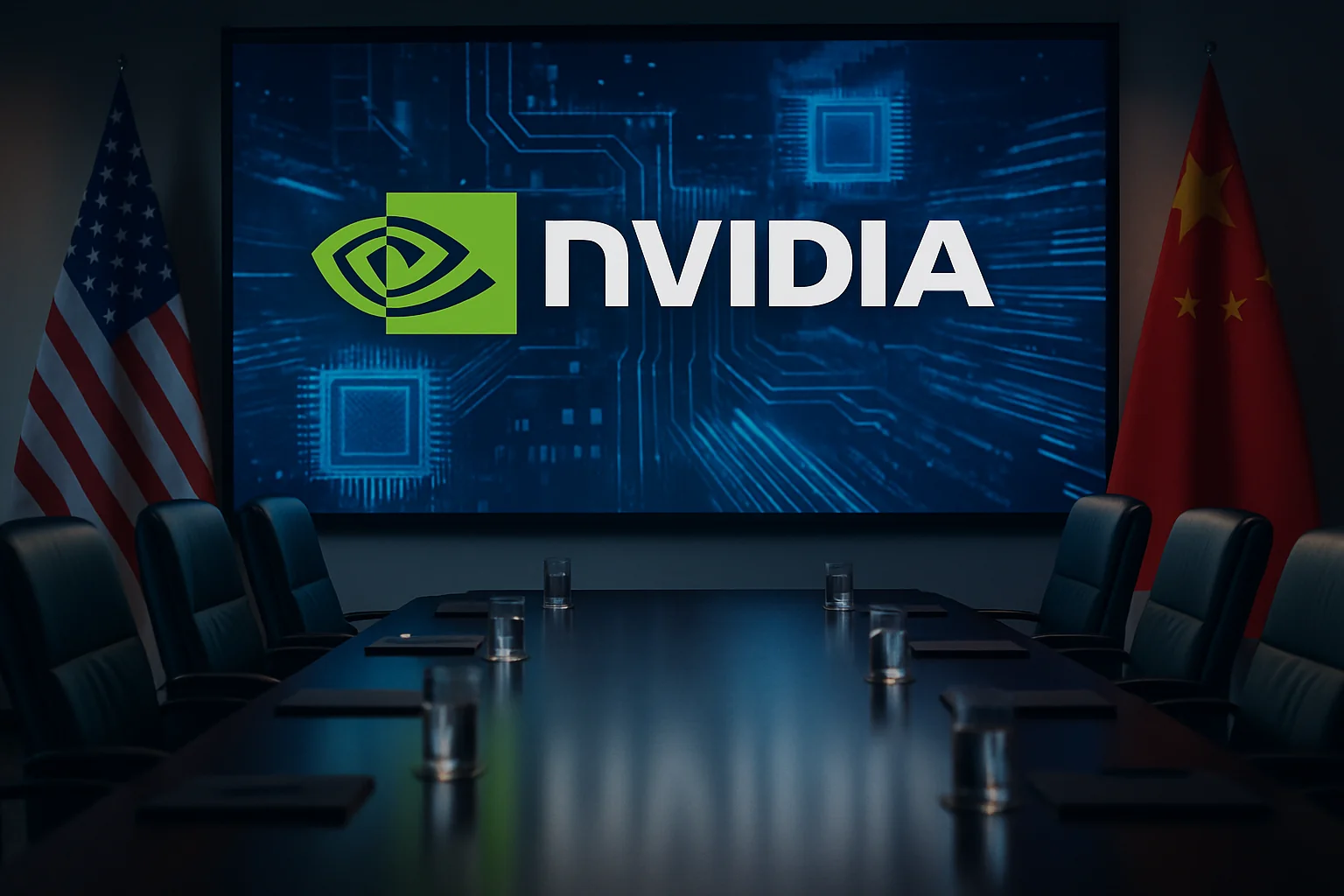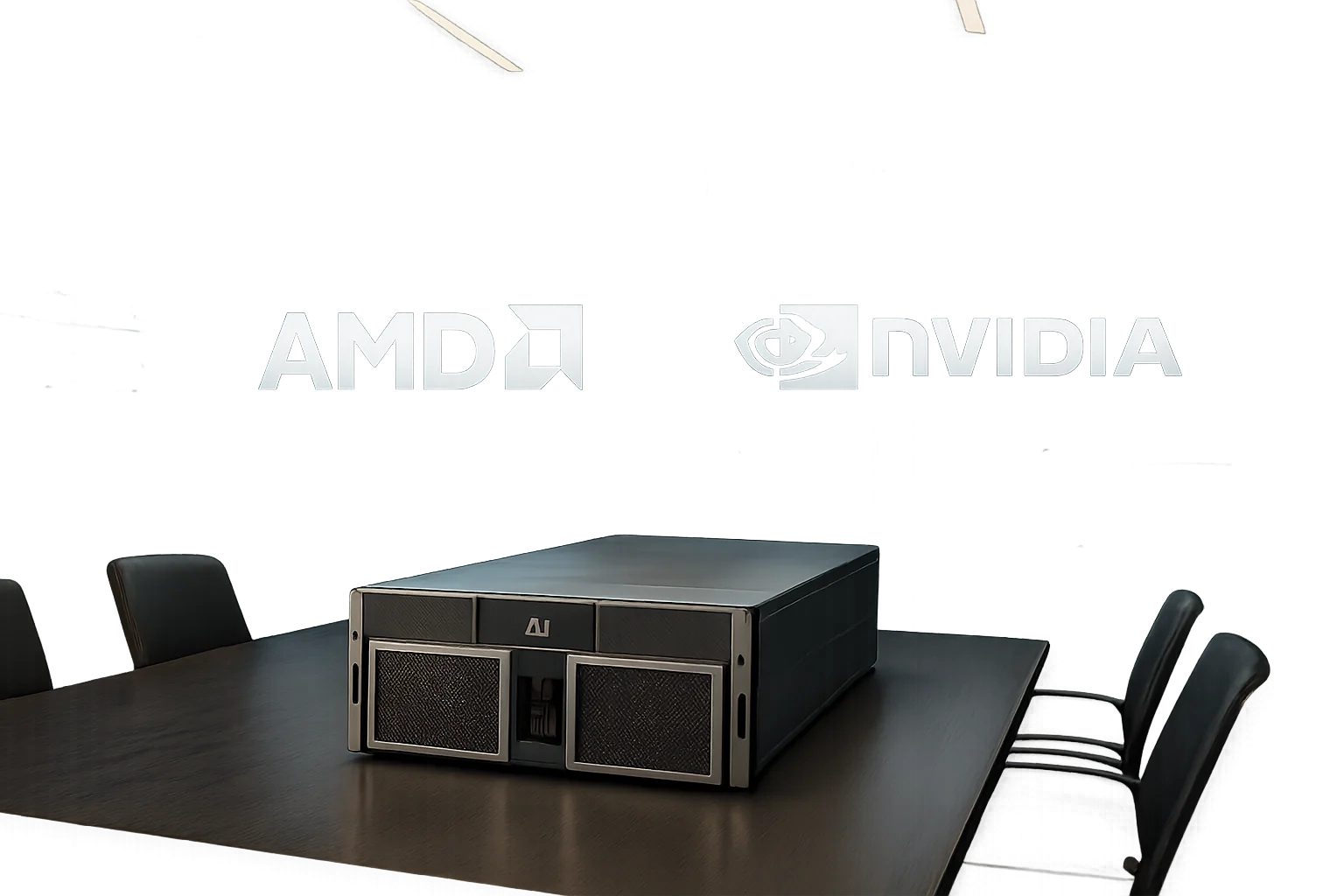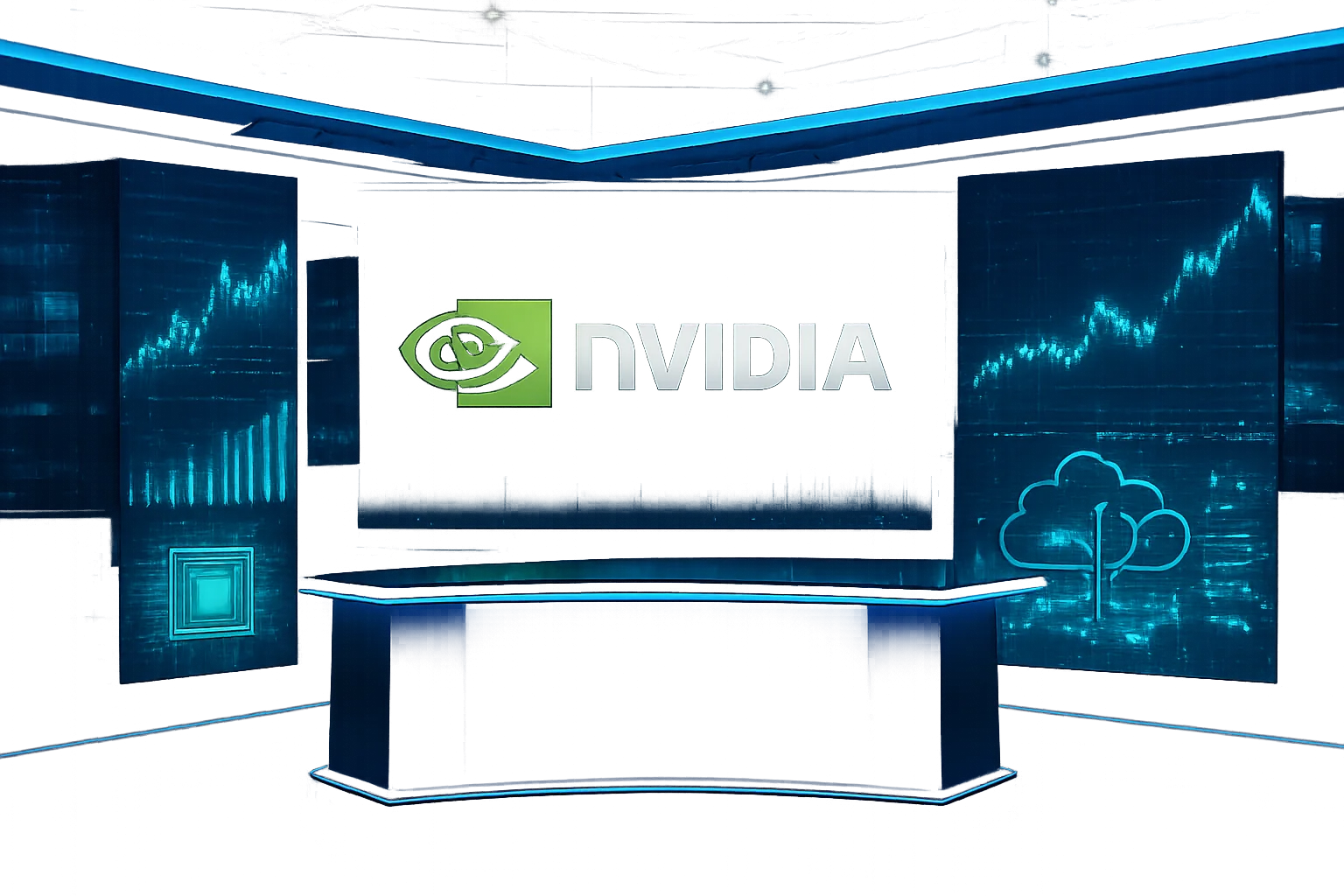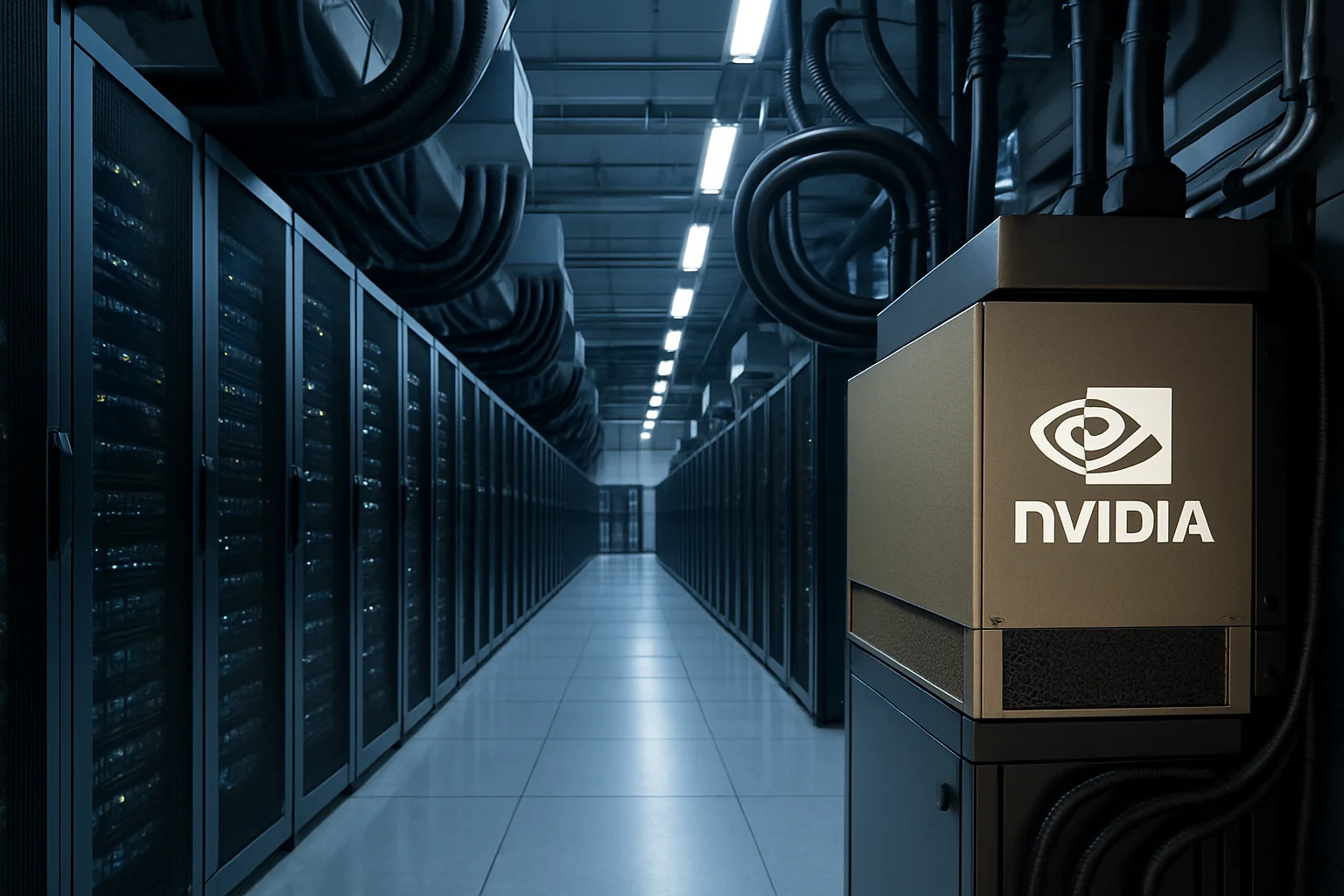Nvidia CEO Jensen Huang has openly criticized recent U.S. policies that restrict the sale of advanced AI chips to China, warning that these measures could undermine America's position in the global technology race.
Major Financial Impact from Export Ban
The U.S. government’s decision to halt sales of Nvidia’s H20 AI chips to China forced the company to take a $4.5 billion charge against its Q1 earnings. The ban, implemented in April as part of ongoing trade tensions, effectively ended Nvidia’s Hopper data center business in China.
Huang explained, “China is one of the world’s largest AI markets and a springboard to global success, with half of the world’s AI researchers based there. The platform that wins China is positioned to lead globally today. However, the $50 billion China market is effectively closed to U.S. industry.”
He continued, “The H20 export ban ended our Hopper data center business in China. We cannot produce Hopper further to comply. As a result, we are taking a multibillion-dollar write-off on inventory that cannot be sold or repurposed. We are exploring limited ways to compete, but Hopper is no longer an option.”
Concerns Over U.S. Policy Effectiveness
Huang questioned the effectiveness of the export controls, noting that China will continue to develop advanced AI regardless of U.S. chip availability. “The question is not whether China will have it. It already does,” he said. “The question is whether one of the world’s largest AI markets will run on American platforms. Shielding Chinese chip makers from U.S. competition only strengthens them abroad and weakens America’s position.”
He added that export restrictions have only spurred China’s competitiveness. “The race is not just about chips. It’s about which stack the world runs as that stack grows. Global infrastructure leadership is at stake. The U.S. has based its policy on the assumption that China cannot make any chips. That assumption was always questionable, and now it’s very wrong. China has enormous manufacturing capability. In the end, the platform that wins the AI developers wins AI. AI export controls should strengthen U.S. platforms, not drive half the world’s AI talent to other shores.”
Policy Shifts and Future Outlook
While critical of the export ban, Huang welcomed the recent rescission of the Biden-era AI Diffusion Rule, which would have further restricted the export of AI model weights and advanced computing chips. “It’s really terrific to see the AI diffusion rule was rescinded. President Trump wants America to win and realizes we are not the only country in the race. And he realizes we have to get the American stack out to the world.”
The Trump administration argued that the AI Diffusion Rule would have stifled American innovation. Its removal could benefit U.S. AI companies and allied nations by easing restrictions, though the administration still plans to block access to adversaries.
Huang concluded, “The president has a plan. He has a vision. And I trust him.” However, he acknowledged, “The new limits are the end of the road for Hopper.”




